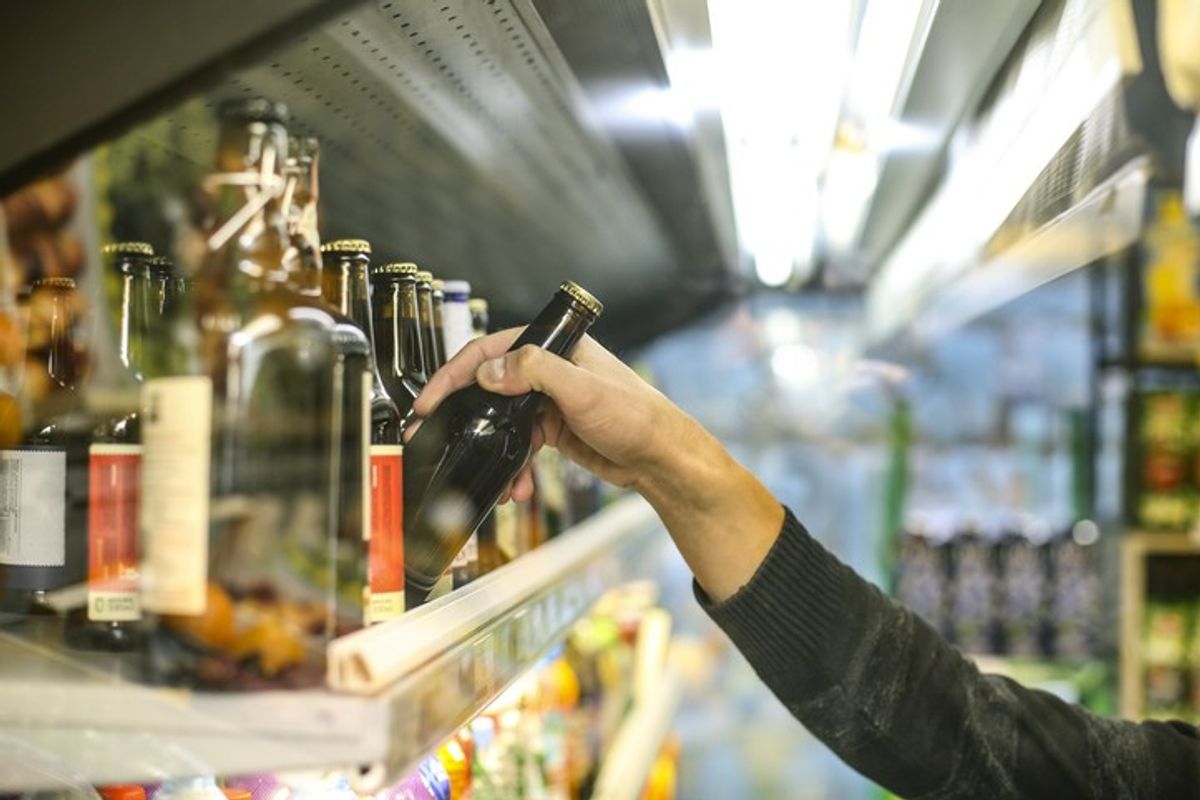Wine and spirit businesses are calling on government to scrap duty hikes and avoid prohibitive price rises, which will further fuel inflation.
According to Wine and Spirit Trade Association (WSTA), with the government’s fiscal policies failing to control inflation, there’s little more than a month to go before the government is set to make matters worse with wine duty set to increase by 20 per cent and spirits duty by over 10 per cent.
Instead of doing all it can to bring down inflation, the Treasury is ploughing ahead with plans to introduce the biggest single alcohol duty increases in almost 50 years, further exacerbating the cost-of-living crisis at a time when interest rates are at their highest since 2008.
WSTA says, “it’s not too late to scrap crippling duty hikes” and bring some respite to wine and spirit businesses and consumers.
From August all alcohol will be taxed by strength meaning some higher ABV wines, from hotter countries, could disappear from UK supermarket shelves. As well as reducing consumer choice the duty hikes will bring price rises for 90 per cent of wines sold in the UK.
Spirits face a similar challenge as premium products such as gin, vodka and whisky must contain a minimum strength prescribed by law.
Miles Beale, Chief Executive of the Wine and Spirit Trade Association, said, "We are careering towards an extremely tough period for wine and spirit businesses with tax hikes and other costs, including a prolonged cost of living crisis for their consumers, persistently high inflation – especially for food and drink – and rocketing prices for glass, leaving little room for many businesses to turn a profit. Inevitably some won’t be able to stay afloat, with SMEs most at risk."
Amongst all this pressure the Government has chosen to impose more inflationary misery on consumers on 1 August, with the biggest single alcohol duty increase in almost 50 years. But it’s not too late to scrap these crippling duty hikes.
Ultimately, the Government’s new duty regime discriminates against premium spirits and wine more than other products. Wine from hotter countries – like new trade deal partner Australia – will be penalised most of all, because the grapes grown in hotter climates naturally produce higher alcohol wines, WSTA stated.
Sir Graham Brady, chair of the 1922 committee and chair of the All-Party Parliamentary Group (APPG) for Wine and Spirits, said, "We can be proud of Britain’s position as a global hub for the wine trade, but that position must not be taken for granted. The new duty increases represent self-inflicted damage to the sector, creating significant bureaucratic challenges for SMEs with the potential for job losses and increased cost to the consumers."


